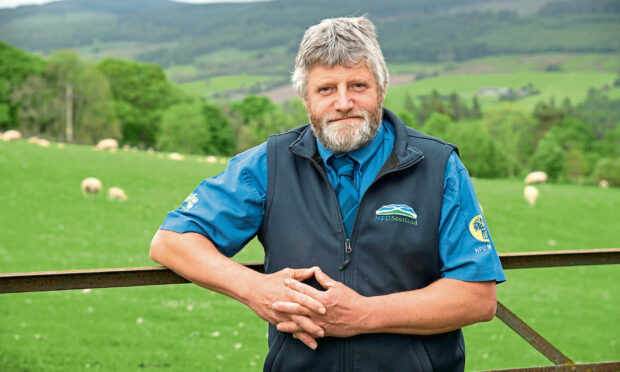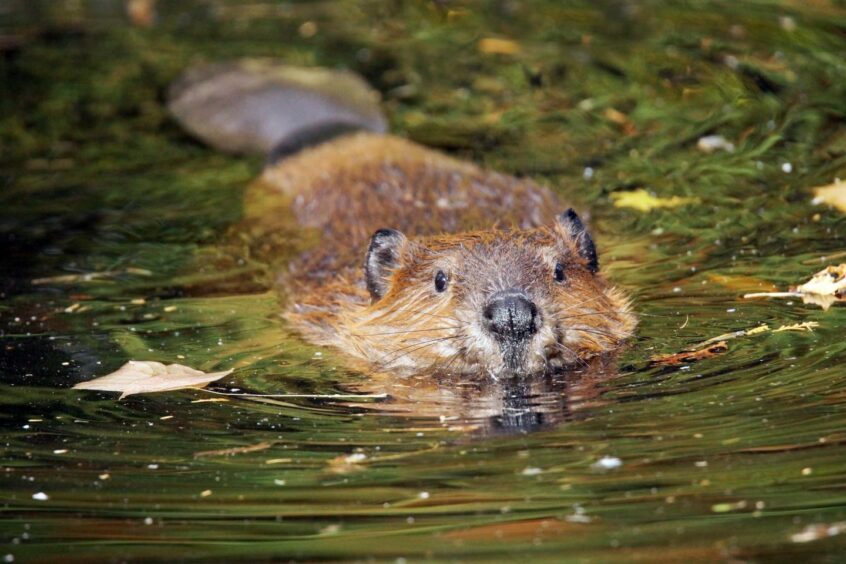NFU Scotland president Martin Kennedy has said that the Scottish government is failing to understand how much its ‘green agenda’ is affecting farmers and crofters throughout the country.
Speaking at the Royal Highland Show, Mr Kennedy said that the Bute House agreement is having a challenging impact on producers, both financially and mentally, specifically on issues like species management.
He spoke about the overprotection of certain species becoming a huge problem such as badgers and sea eagles, and the government’s reintroduction of beavers which will see numbers reach 10,000 by 2030.
It is also expected that there could be as many as 900 breeding pairs by 2045, with many moving east and impacting hill sheep flocks.
He said beavers were causing huge problems to flood banks near farmland, resulting in the loss of crops.
“The government is clueless when it comes to food security because the beavers are affecting the land where our crops and vegetables are grown,” said Mr Kennedy.
“Working with NatureScot for decades on management of the likes of beavers, White-tailed eagles and geese has seen progress. However, under the Bute House agreement, that pendulum has now swung in the wrong direction which not only threatens the viability of some rural businesses but, in some cases, has also put at risk some of the things we are trying to protect,” said Mr Kennedy.
“Under the previous SNP government, the union had accepted natural expansion but translocation now significantly increases the likelihood of farmers suffering severe agricultural damage at the hands of rapid species expansion.
“White-tailed eagle numbers continue to grow annually, as do the number of farmers and crofters losing sheep to the species.”
Mr Kennedy said the £1.6 million funding available was ”peanuts” to control the damage of species in so many different locations throughout Scotland.
“We cannot continue to pass the costs of what is deemed to be ‘in the public interest’ on to farming businesses,” he said.
“There are only two ways to address this. Firstly, to increase funding considerably, going outside the agricultural budget to create a standalone species management budget that is fit for purpose.
“Secondly, a more feasible and affordable option would be to implement a more pragmatic license application scheme for the removal of these species where their impacts on both business and other wildlife is clear. Will either of those solutions happen while the Bute House Agreement is in place? I doubt it very much.”

